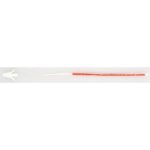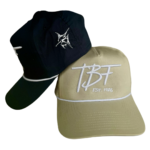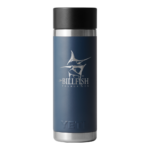
Effective July 1, 2025, the Bahamas has enacted sweeping changes to its Port Authorities regulations, which have important implications for the sportfishing community.
Key Highlights
- Mandatory Automatic Identification System (AIS) for All Vessels
Vessel tracking systems will now be compulsory across the board—angler boats included. This move enhances marine safety and aids in monitoring ocean traffic and fishing activities. - Revised Seabed Leasing Rules
Boat owners and charter operators will face updated licensing terms for seabed use. Procedures for mooring and anchorage near reefs will become more structured and enforceable. - Stricter Maritime Penalties
Heightened fines and enforcement measures are set to target violations, including navigational missteps and infractions of environmental protections. Expect more rigorous enforcement protocols.
Why It Matters to You
- Compliance Requirement: AIS systems aren’t just for yachts and commercial ships—your sportfishing vessel must be equipped before July.
- Anchorage Awareness: The changes to seabed leasing impact where you can anchor; permit requirements may shift quickly.
- Higher Stakes for Infractions: With tougher penalties, even small oversights in navigation or environmental handling can carry serious consequences.
Next Steps for Anglers & Captains
- Install AIS by July 1 – If you don’t already have one, installing an Automatic Identification System should be your top priority.
- Check Anchorage Licenses – Confirm your mooring areas are still permitted and comply with the updated marine zoning.
- Brush Up on Regulations – Learn the new rules—covering everything from seabed leasing to pollution controls—to avoid surprises.
- Stay Updated – These amendments are just the beginning. Engage with Bahamian maritime authorities and TBF partners to stay on top of future developments.






